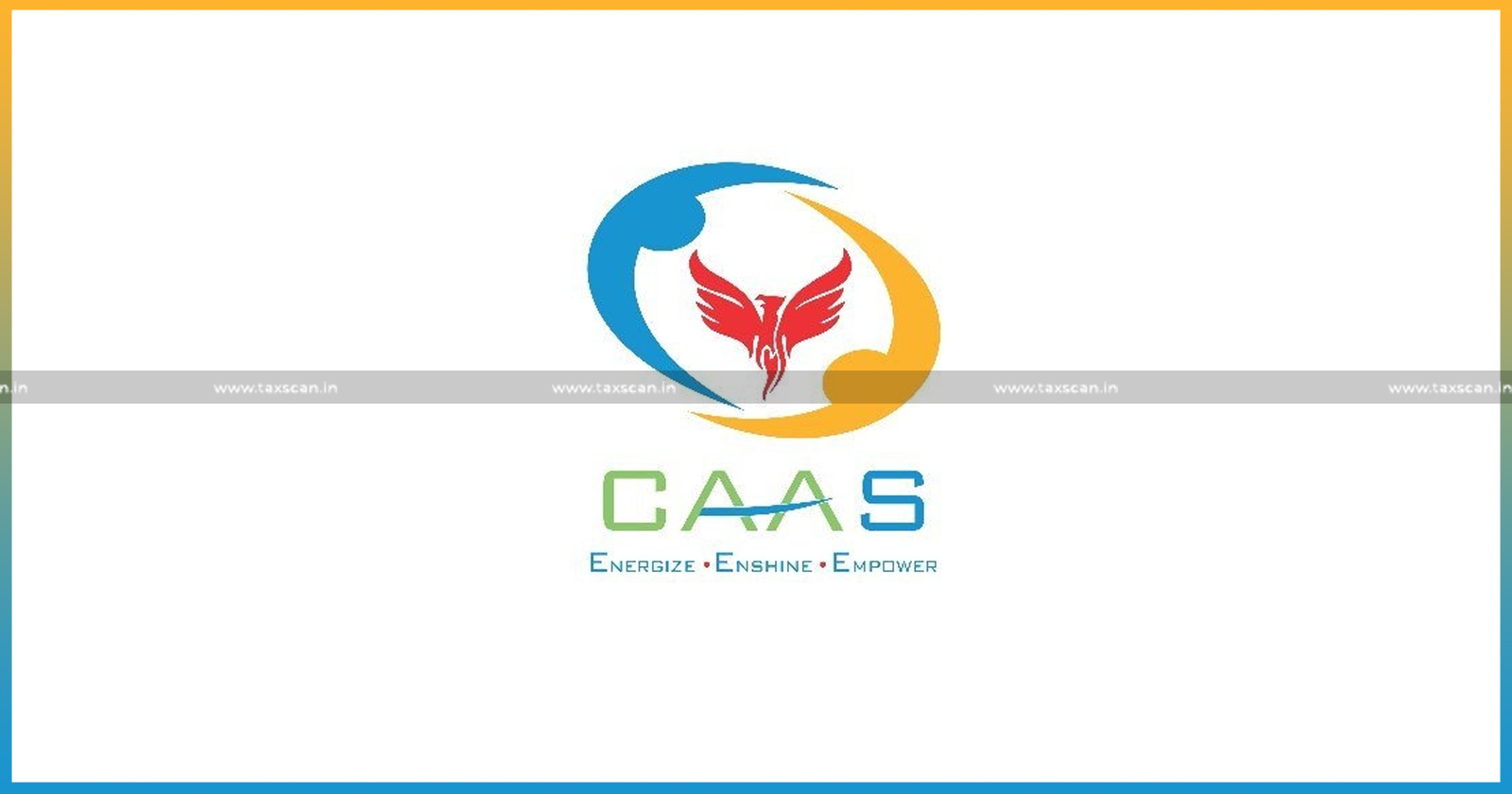Chartered Accountants body files representation against unscrupulous practices by SGST Officials to Harass stakeholders
The CA body highlighted instances where officers allegedly lack knowledge of the law or intentionally ask stakeholders to visit them for trivial tasks, suggesting an ulterior motive

chartered accountants – SGST Officials – Unlawful actions by SGST under scrutiny – SGST harassment of stakeholders – taxscan
chartered accountants – SGST Officials – Unlawful actions by SGST under scrutiny – SGST harassment of stakeholders – taxscan
The Chartered Accountants Association Surat ( CAAS ) has filed a representation before the Commissioner of State Tax ( Gujarat ), which brought to light various unscrupulous practices employed by State Goods and Services Tax ( SGST ) Officials against its stakeholders. The association alleges that these practices aim to harass stakeholders with the ulterior motive of obtaining undue gratification during the performance of their statutory duties.
CAAS, known for advocating ethical practices within the CA fraternity, has raised concerns about the lack of adherence to checks and measures by SGST Officials in the state. The association claims that stakeholders, including taxpayers, consultants, attorneys, and CAs, are being coerced to meet SGST officials personally for their work to be accomplished.
The reported unscrupulous practices highlighted by CAAS include:
Processing Registration Applications:
The association claims that GST registrations are intentionally delayed until the last statutory day. Applications are then bombarded with irrelevant queries or rejected based on vague questions.
Issuing Refunds:
While the automated GST refunds obtained directly from ICEGATE in cases where exports are made with payment of duty are a boon to the industry. But on the other hand, the refunds issued manually are handled based on the weight of gratification which ranges from 1% to 1.5% of the refund amount. The registered persons whose monies are involved do not intend to fight for the same as huge amounts get piled up at the time of refund especially in case of inverted duty structure.
Assessment Proceedings:
CAAS accuses officials of passing high-pitched orders in assessment proceedings without considering online submissions. Officers reportedly ask stakeholders to visit the office and casually suggest filing appeals, which are perceived as ineffective.
According to the Chartered Accountants body, there is no mandate under CGST Act or Rules to visit the office in any assessment proceedings. Officials, on being confronted with the question of why such high-pitched orders were passed without considering submission on record, the officials have taken the matter casually and asked the registered persons to file an appeal.
Ironically, the appeal under GST is a farce and has become a laughing stock, with a number of appeals whose first hearing has even after not been initiated even after the passage of more than 2 years, the representation stated. Also, it is not feasible to file appeals for petty matters.
Allowing Cancellation of Registration:
The association points out the rejection of cancellation applications even when businesses are closed, leading to the reactivation of procedural liabilities. CAAS argues that the registration should be cancelled without further questioning.
Sec.157 of CGST Act, 2017 provides immunity to the GST Officers for anything done or intended to be done in good faith. However, the good faith lacks here, when the officials are not knowing the law which they intend that the stakeholders must know. A Latin maxim “ignorantia juris non-excusat” aptly describes that ignorance of law is not an excuse.
CAAS has taken a proactive approach to substantiate its claims, including arranging a telephonic conversation with an officer to test the veracity of their allegations. The association asserts that no such harassment is faced by stakeholders in the sister department of CGST.
As the report gains traction, CAAS is prepared to provide a list of officers involved in these alleged unethical practices. The viral nature of this exposé is likely to spark discussions on the need for transparency and ethical conduct within tax departments. The representation suggests taking prompt action against these officers.
To Read the full text of the Order CLICK HERE
Support our journalism by subscribing to Taxscan premium. Follow us on Telegram for quick updates


